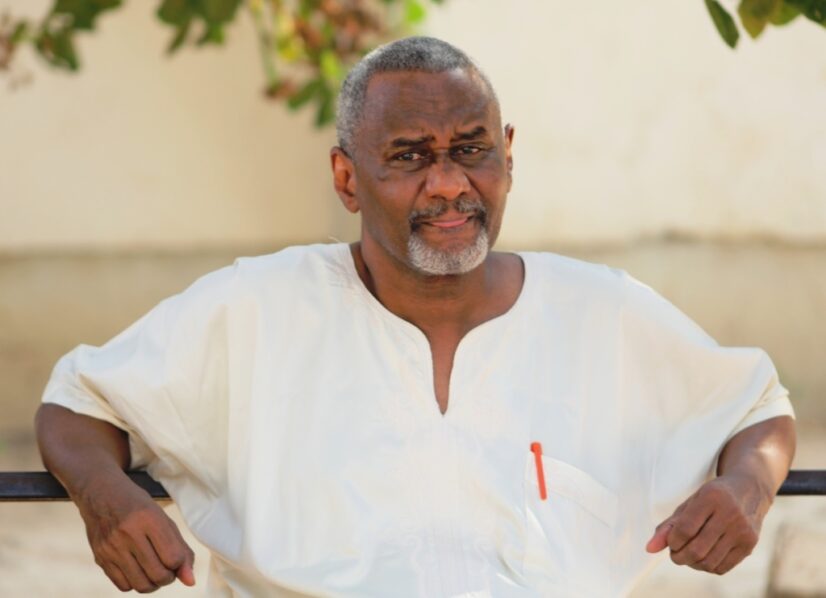Abuja, 06 February, 2024 – When 11-year-old Morenike Ayeni received the Human Papillomavirus Vaccine (HPV), she became one of the millions of adolescent girls to get vaccinated against cervical cancer in Nigeria.
“Hearing that the government was giving HPV vaccines to girls aged 9 to 14 years, I made sure my daughter got her shot to safeguard her future. “It is better to prevent diseases using vaccines than seeking cures or treatments”, Said Mrs Ayeni, a businesswoman residing in Abuja, the Federal Capital Territory.
Cervical cancer ranks as the 2nd most frequent cancer among women in Nigeria and the 2nd most frequent cause of cancer death among women between 15 and 44 years of age. In 2020, Globally, it was responsible for 604,000 new cases with 342,000 deaths, with about 12,000 cases occurring in Nigeria and over 8,000 women dying from the disease.
Cervical cancer is a type of cancer that occurs in the cells of the cervix. HPV is a widespread virus that can lead to various types of cancer, including cervical cancer –which can be prevented by the HPV vaccine.
A safer generation
“I advocated for parents to get their daughters to receive the HPV vaccines to protect them against cervical cancer because I have seen first-hand the devasting effect the disease has on the patients and their families.
Now that it is part of routine immunization in many states, most parents have to protect their children against this silent deadly disease”, said Popoola Olaitan, a Laboratory technician.
To raise awareness and call for action against the silent killer, the World Health Assembly in 2020 adopted the Global Strategy for cervical cancer elimination.
WHO recommends the inclusion of HPV vaccination into the national immunization programme in countries where cervical cancer is a public health priority and where cost-effective and sustainable implementation of the vaccine is feasible.
Taking action
To protect the health of girls and women, the Government of Nigeria in collaboration with the World Health Organization (WHO), Gavi, The Vaccine Alliance, and other partners have been adopting critical interventions to reduce the high burden of cervical cancer in the country.
In October 2023, the Federal Ministry of Health and Social Welfare, through its National Primary Health Care Development Agency (NPHCDA), supported by WHO, Gavi, The Vaccine Alliance, and UNICEF, rolled out a mass HPV vaccination campaign in 16 states.
From October 2023 till January 2024, about 4.7 million girls aged 9 to 14, have received the HPV vaccines in the 16 phase 1 states.
In line with the Global strategy, WHO with funding from the Susan Thompson Buffet Foundation, provides catalytic support to five states (Anambra, Ondo, Kebbi, Niger and Ekiti) to enable routine cervical cancer secondary prevention services across primary healthcare facilities, to reach up to 5,000 women per state.
In 2023, through the initiative, 21851 women were screened for cervical cancer with Visual Inspection with Acetic acid (VIA), of which, 667 were positive and were placed on treatment due to findings of the screen in five states.
Cancer is a public health issue of concern, and on 4 February every year, the World Health Organization (WHO) joins the international community to mark World Cancer Day.
To commemorate the 2024 World Cancer Day, the WHO Country Representative in Nigeria, Dr Walter Kazadi Mulombo, said “WHO is committed to supporting the country implement priority activities toward cancer prevention and control.
Between 2022 and 2024, the focus of World Cancer Day is to “Close the cancer gap”., highlighting the disparities in cancer care that exist around the world.
The theme for this year is “Together, we challenge those in power”. This theme encompasses the global demand for leaders to prioritize and invest in cancer prevention and care and to do more to achieve a just and cancer-free world.
Technical Contact:
Dr Kelias Msyamboza; Email: msyambozak [at] who.int
Dr Richard Koko; Emial: kokor [at] who.int
Note: This article have been indexed to our site. We do not claim legitimacy, ownership or copyright of any of the content above. To see the article at original source Click Here













